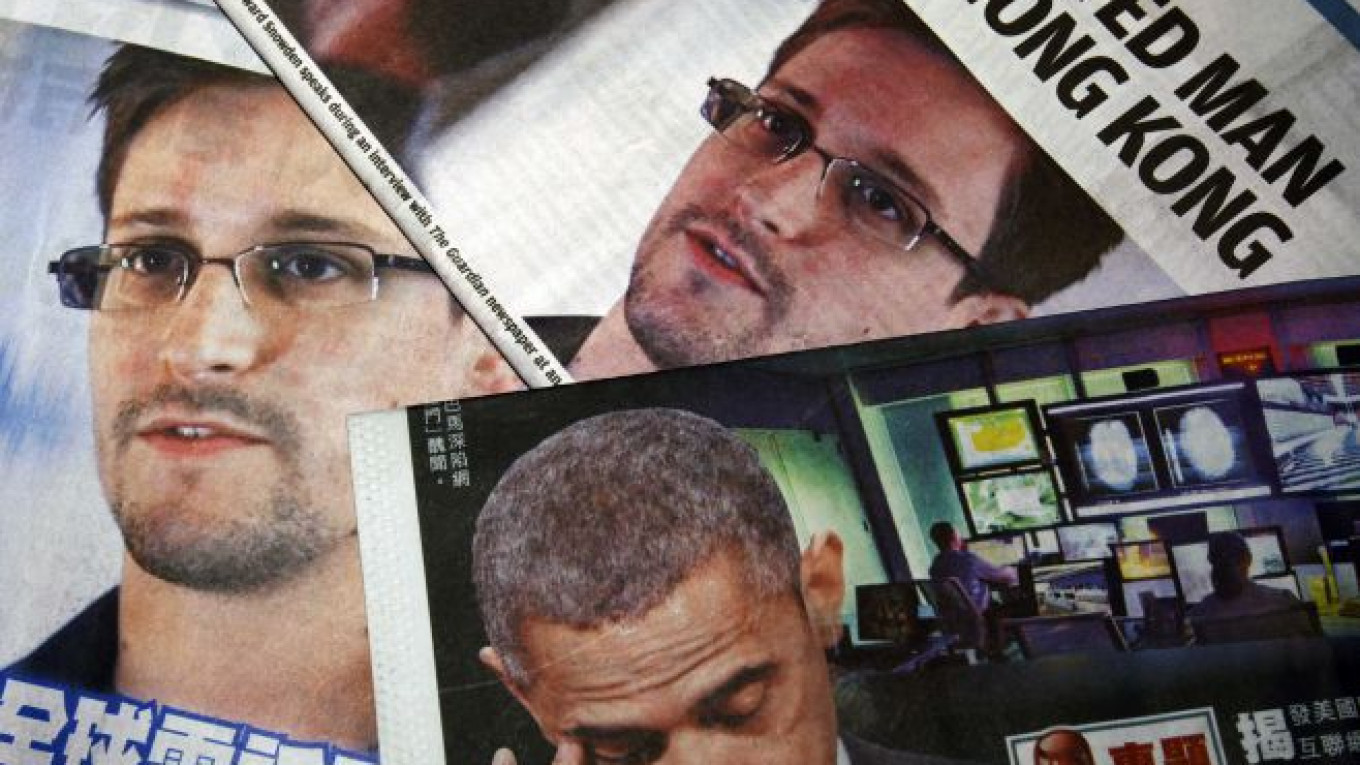Former National Security Agency contractor Edward Snowden is now likely under the control of Russian intelligence agencies former NSA Director General Keith Alexander said.
Alexander, who retired on March 31, made the comments in an interview with newspaper The Australian Financial Review set to be published on Thursday.
Civil libertarians in the U.S. and Washington's allies in Europe were shocked by the extent of U.S. surveillance revealed by Snowden, and a handful of U.S. congressmen have alleged that he was acting at the behest of a foreign government.
Snowden, who fled to Moscow last year, has dismissed the allegations. He expects his temporary asylum status in Russia to be renewed before it expires in summer, according to his lawyer.
"I think he is now being manipulated by Russian intelligence. I just don't know when that exactly started or how deep it runs," Alexander said.
"Understand as well that they're only going to let him do those things that benefit Russia, or stand to help improve Snowden's credibility. They're not going to do things that would hurt themselves. And they're not going to allow him to do it."
In the interview, Alexander described a traditional global security order that has been disrupted by rapid developments in offensive cyber technology, with the potential for unintended consequences rising as a result.
A 2012 cyber-attack on government oil company Saudi Aramco believed to have originated from Iran, he said, had been routed through servers in the U.S. and inadvertently almost disabled a major telecommunications company there.
An attack on South Korea's banking system in 2013 that was believed to have originated in the North, he said, was an example where unintended consequences could accidentally have triggered a shooting war.
"I'm concerned there is a rising chance that individuals and/or nation states miscalculate because they don't know where the red lines are. And this problem of a lack of transparency on red lines, and agreed escalation protocols, is especially acute in cyberspace," he said.
See also:
A Message from The Moscow Times:
Dear readers,
We are facing unprecedented challenges. Russia's Prosecutor General's Office has designated The Moscow Times as an "undesirable" organization, criminalizing our work and putting our staff at risk of prosecution. This follows our earlier unjust labeling as a "foreign agent."
These actions are direct attempts to silence independent journalism in Russia. The authorities claim our work "discredits the decisions of the Russian leadership." We see things differently: we strive to provide accurate, unbiased reporting on Russia.
We, the journalists of The Moscow Times, refuse to be silenced. But to continue our work, we need your help.
Your support, no matter how small, makes a world of difference. If you can, please support us monthly starting from just $2. It's quick to set up, and every contribution makes a significant impact.
By supporting The Moscow Times, you're defending open, independent journalism in the face of repression. Thank you for standing with us.
Remind me later.


